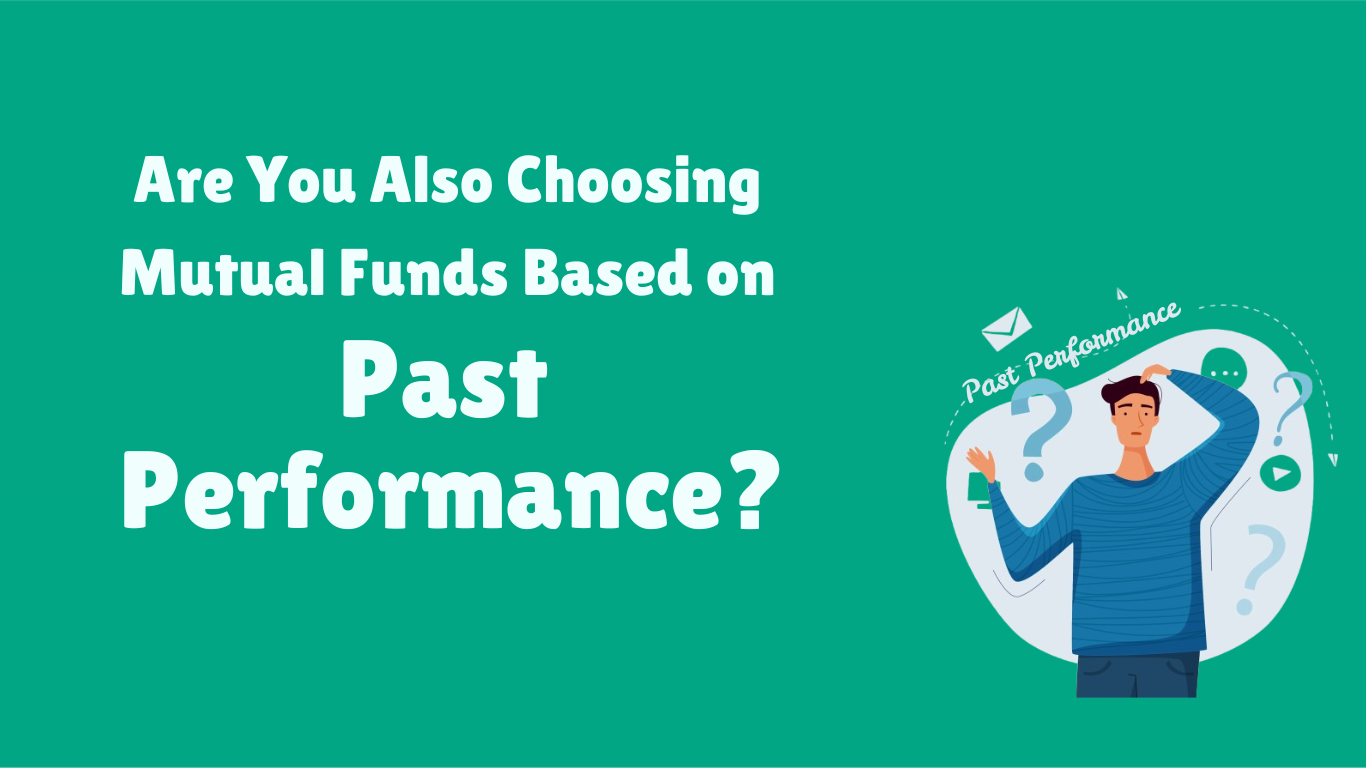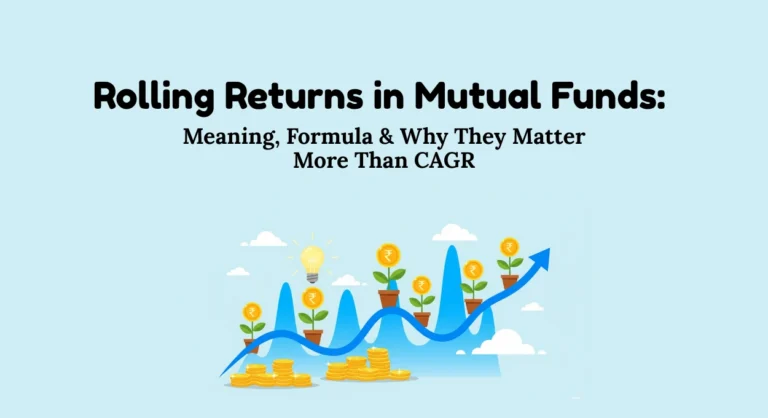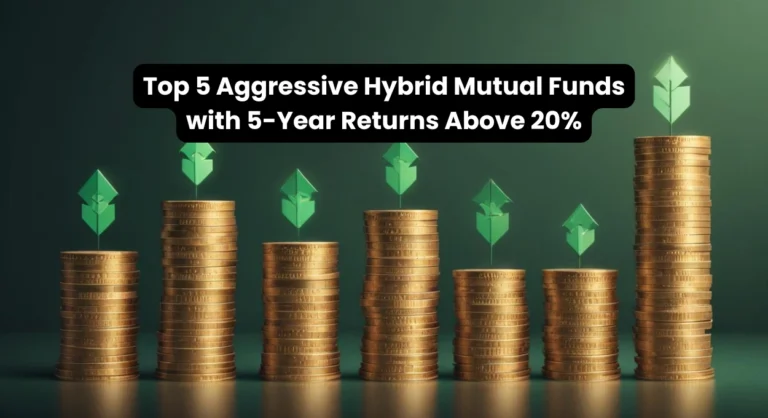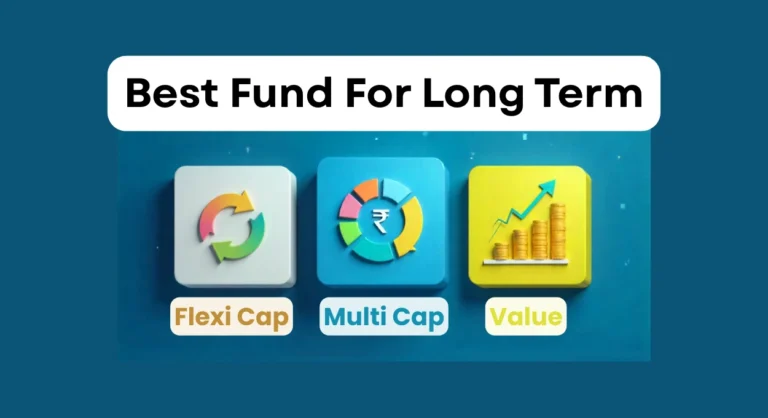Why Past Performance Isn’t Everything When Choosing Equity Mutual Funds
The Misleading Nature of Past Performance
Relying on past mutual fund performance can be risky for several reasons:
- Not a Guarantee of Future Success Just because a fund performed well in the past does not mean it will continue to do so. Market conditions change, economic cycles shift, and sector-specific challenges emerge, making it difficult for funds to replicate their historical returns.
- Market Conditions are Ever-Changing A fund that thrived during a bull market may struggle in a bear market. Economic policies, inflation rates, and global financial trends all influence how a fund performs. What worked well in the past may not work under new market dynamics.
- Fund Management Changes A fund’s performance is often attributed to the fund manager’s expertise. If the management changes, so does the investment approach, potentially altering the fund’s future performance.
- Overlooking Fees and Expenses Many investors focus solely on past returns without considering the fees associated with the fund. High expense ratios and management fees can eat into your net returns, making an initially attractive fund less profitable in the long run.
- Mismatch with Risk Tolerance Past returns do not indicate a fund’s risk level. Investors chasing past performance may unknowingly invest in high-risk funds that do not align with their financial goals or risk appetite.
Also Read :-https://ipofront.in/from-dividends-to-gains-understanding-mutual-fund-taxation/
A Smarter Approach to Evaluating Equity Mutual Funds
Instead of chasing past returns, consider these crucial factors:
- Look at Long-Term Performance Instead of focusing on 1-year or 3-year returns, analyse the fund’s mutual fund performance over 5 to 10 years. This will help you assess its consistency across different market cycles.
- Assess Risk-Adjusted Returns Metrics like the Sharpe Ratio and Treynor Ratio help investors understand whether the fund is delivering sufficient returns for the level of risk taken. A high-risk fund may deliver high returns, but that doesn’t necessarily make it a good investment.
- Evaluate the Investment Strategy Each fund follows a specific investment strategy—some focus on large-cap stocks, while others invest in mid-cap or small-cap companies. Understanding the strategy helps investors align their choices with their own financial goals.
- Compare Against Benchmark Always compare the fund’s returns with a relevant benchmark index. If the fund consistently underperforms its benchmark, it may not be worth the investment.
- Analyse Fund Manager Expertise A skilled fund manager plays a critical role in a fund’s success. Look at their track record, investment philosophy, and tenure with the fund before making a decision.
Also Read :-https://ipofront.in/avoid-these-5-mistakes-to-maximize-your-mutual-fund-profits/
Diversification: A Key to Risk Management
Instead of putting all your money into a single fund, consider diversifying your portfolio across different asset classes. This helps spread risk and provides better stability in unpredictable markets. Alternative investments like real estate, private equity, and hedge funds can also offer additional diversification.
Final Thoughts
While past mutual fund performance can provide insights, it should never be the sole criterion for selecting a fund. A well-rounded approach that includes evaluating investment strategy, risk-adjusted returns, and fund manager expertise will lead to better investment decisions. By focusing on long-term growth and risk management, investors can create a resilient and profitable portfolio.
Making informed choices today will ensure that your investments align with your financial goals and risk tolerance, leading to long-term success in wealth creation.
Useful links :-
https://insights.som.yale.edu/insights/does-mutual-fund-s-past-performance-predict-its-future
https://kuvera.in/blog/why-you-should-not-consider-funds-past-performance-for-future/
How to analyse Equity Mutual Funds? – Investing Basics Q&A – ValuePickr Forum







